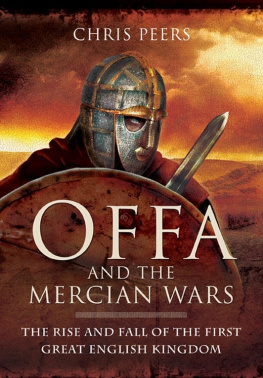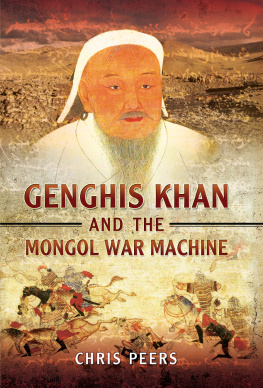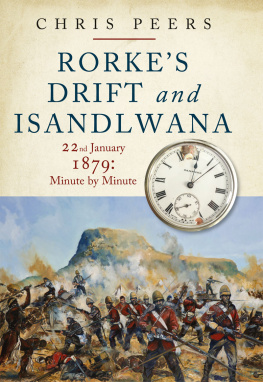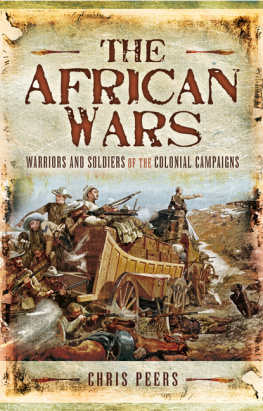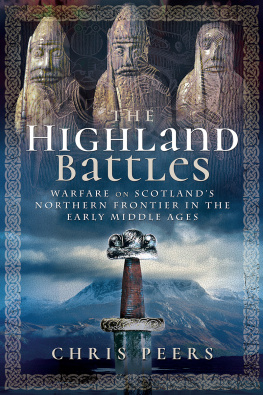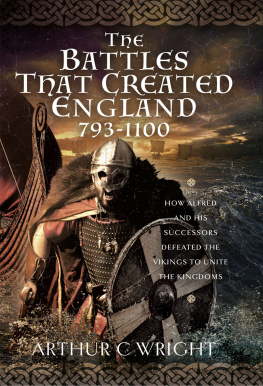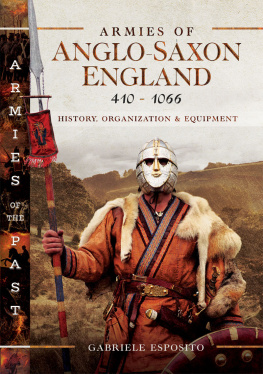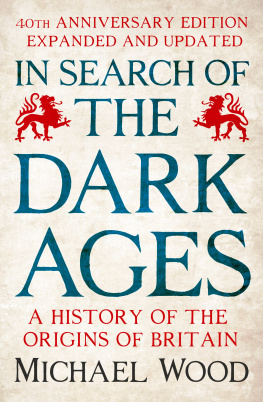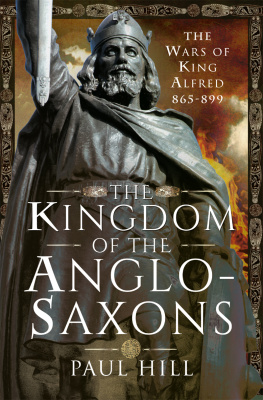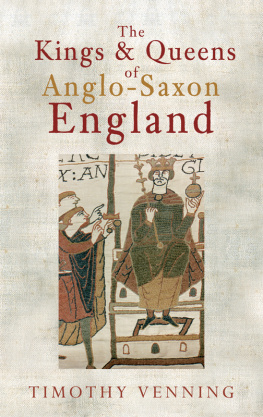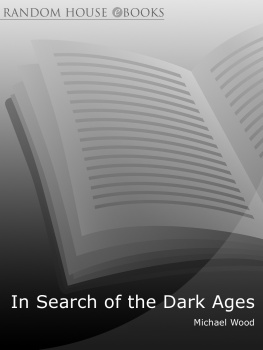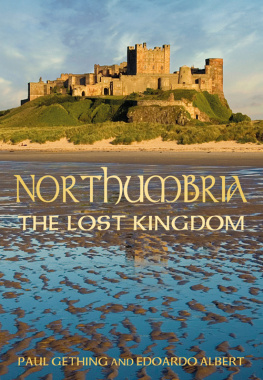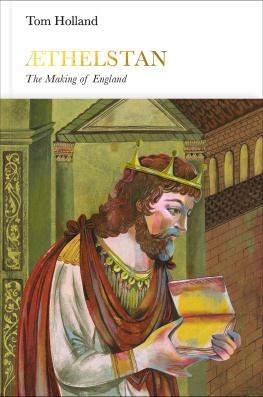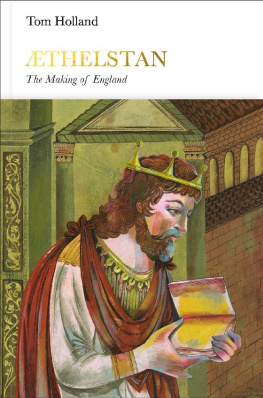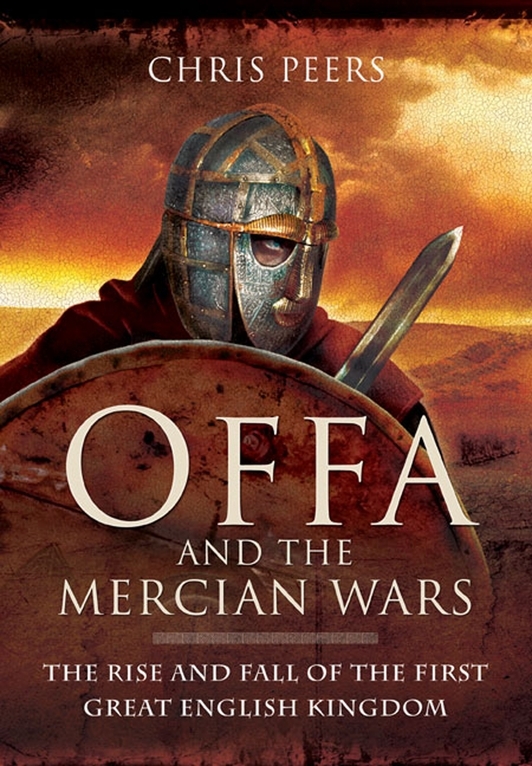The Anglo-Saxon Chronicles, trans. M. Swanton, London, 1996.
Asser, Life of King Alfred, trans. S. Keynes and M. Lapidge, London, 1983.
Bede, A History of the English Church and People, trans. L. Sherley-Price, Harmondsworth, 1955.
Beowulf, trans. M. Alexander, Harmondsworth, 1973.
English Historical Documents, Vol. 1, ed. D. Whitelock, London, 1968.
Nennius, Historia Brittonum and Welsh Annals, trans. J. Morris, London and Chichester, 1980.
The Chronicle of Henry of Huntingdon, trans. T. Forester, London, 1853.
William of Malmesbury, Chronicle of the Kings of England, trans. J. Giles, London, 1876.
Secondary Works
Abels, R., Lordship and Military Obligation in Anglo-Saxon England, London, 1988.
Alcock, L., Economy, Society and Warfare Among the Britons and Saxons, Cardiff, 1987.
Arnold, C., An Archaeology of the Early Anglo-Saxon Kingdoms, London and New York, 1988.
Bapty, I., review of Hill, D. and M. Worthington, Offas Dyke: History and Guide, Stroud, 2003, at www.cpat.org.uk/offa.
Barley, M. W., in Transactions of the Thoroton Society, Vol. 60, Nottingham, 1952.
Bassett, S. (ed.), The Origins of Anglo-Saxon Kingdoms, Leicester, 1989.
Biddle, M. and B. Kjolbye-Biddle, Repton and the Vikings, Antiquity, Vol. 66, 1992.
Bradbury, J., The Medieval Archer, Woodbridge, 1985.
Breeze, A., The Battle of the Winwaed and the River Went, Northern History, Issue 41, 2004.
Brooke, C., The Saxon and Norman Kings, Glasgow, 1963.
Brooks, N., Church, State and Access to Resources in Early Anglo-Saxon England, Twentieth Brixworth Lecture, Brixworth, Northamptonshire, 2003.
Brown, M. and C. Farr (eds), Mercia: An Anglo-Saxon Kingdom in Europe, London, 2001.
Camden, W., Britannia, trans. P. Holland, London, 1610. (Published online at www.visionofbritain.org.uk.)
Carver, M., Sutton Hoo: Burial Ground of Kings?, London, 1998.
Chaney, W., The Cult of Kingship in Anglo-Saxon England, Manchester, 1970.
Clarkson, T., Locating Maserfelth, The Heroic Age, Issue 9, 2006.
Colgrave, B., Felixs Life of Saint Guthlac, Cambridge, 1956.
Dark, K., Britain and the End of the Roman Empire, Stroud, 2002.
Ellis Davidson, H., The Sword in Anglo-Saxon England, Woodbridge, 1994.
Finburg, H., The Formation of England, 550 to 1042, London, 1974.
Fleming, R., Britain After Rome: The Fall and Rise, 400 to 1070, London, 2010.
Fox, C., Offas Dyke, Oxford, 1955.
Gardiner, J. (ed.), Whos Who in British History, London, 2000.
Gelling, M., The West Midlands in the Early Middle Ages, Leicester, 1992.
Griffith, P., The Viking Art of War, London, 1995.
Halsall, G., War and Society in the Barbarian West, London, 2003.
Harrison, M., Anglo-Saxon Thegn, AD 449 to 1066, Osprey Warrior Series 5, London, 1993.
Harting, J., British Animals Extinct Within Historic Times, London, 1880.
Hawkes, S. Chadwick (ed.), Weapons and Warfare in Anglo-Saxon England, Oxford University Committee for Archaeology Monograph 21, Oxford, 1989.
Heath, I., Armies of the Dark Ages, 600 to 1066, Worthing, 1980.
Higham, N., The English Conquest: Gildas and Britain in the Fifth Century, Manchester, 1994.
, An English Empire: Bede and the Early Anglo-Saxon Kings, Manchester, 1995.
Hill, D. and M. Worthington, Offas Dyke: History and Guide, Stroud, 2003. (Reviewed by I. Bapty at www.cpat.org.uk/offa.)
Hindley, G., A Brief History of the Anglo-Saxons, London, 2006.
Hollister, C. W., Anglo-Saxon Military Institutions on the Eve of the Norman Conquest, Oxford, 1962.
Hooke, D., The Landscape of Anglo-Saxon Staffordshire: The Charter Evidence, Keele, 1983.
, The Anglo-Saxon Landscape: The Kingdom of the Hwicce, Manchester, 1985.
Jancey, E., Saint Ethelbert, Patron Saint of Hereford Cathedral, Hereford, 1994.
Jennings, J. C., The Writings of Prior Dominic of Evesham, English Historical Review, Vol. 77, 1962.
Jones, G., A History of the Vikings, London, 1968.
Kenyon, D., The Origins of Lancashire, Manchester, 1991.
Kirby, D., The Earliest English Kings, London, 1991.
Leahy, K. and R. Bland, The Staffordshire Hoard, London, 2009.
Loades, M., Swords and Swordsmen, Barnsley, 2010.
Lucy, S., The Anglo-Saxon Way of Death, Stroud, 2000.
McNeill, W., Plagues and Peoples, New York, 1976.
Myres, J., The English Settlements, Oxford, 1986.
Nicolle, D., Carolingian Cavalryman, AD 768 to 987, Osprey Warrior Series 96, Oxford, 2005.
North, A., Barbarians and Christians, in M. Coe et al., Swords and Hilt Weapons, London, 1989.
Oppenheimer, S., The Origins of the British, London, 2006.
Pollington, S., The English Warrior from Earliest Times till 1066, Frithgarth, 2001.
Prestwich, J., King Aethelhere and the Battle of the Winwaed, English Historical Review, Vol. 83, 1968.
Pryor, F., Britain AD: A Quest for Arthur, England and the Anglo-Saxons, London, 2004.
, Britain in the Middle Ages: An Archaeological History, London, 2006.
Rackham, O., The History of the Countryside, London, 1986.
Revill, S., in Transactions of the Thoroton Society, Vol. 79, Nottingham, 1975.
Rowland, J., Early Welsh Saga Poetry, Cambridge, 1990.
Russell, M. and S. Laycock, Unroman Britain, Stroud, 2010.
Stenton, F., Anglo-Saxon England, Oxford, 1971.
Stephanus, E., Life of Saint Wilfred, in J. F. Webb, Lives of the Saints, London, 1965.
Stone, R., Tamworth: A History, Chichester, 2003.
Strickland, M. and R. Hardy, The Great War Bow, Stroud, 2005.
Sykes, B., Blood of the Isles: Exploring the Genetic Roots of our Tribal History, London, 2006.
Swanton, M., The Spearheads of the Anglo-Saxon Settlements, Leeds, 1973.
, Opening the Franks Casket, Fourteenth Brixworth Lecture, Leicester, 1998.
Underwood, R., Anglo-Saxon Weapons and Warfare, Stroud, 1999.
Upton, C., A History of Lichfield, Chichester, 2001.
Walker, I., Mercia and the Making of England, Stroud, 2000.
Whitelock, D., The Beginnings of English Society, Harmondsworth, 1952.
Wood, M., In Search of the Dark Ages, London, 1981.
, Domesday: A Search for the Roots of England, London, 1986.
Woodruffe, D., The Life and Times of Alfred the Great, London, 1974. Y
orke, B., Kings and Kingdoms of Early Anglo-Saxon England, London, 1990.
Zaluckyi, S., Mercia: The Anglo-Saxon Kingdom of Central England, Logaston, 2001.

